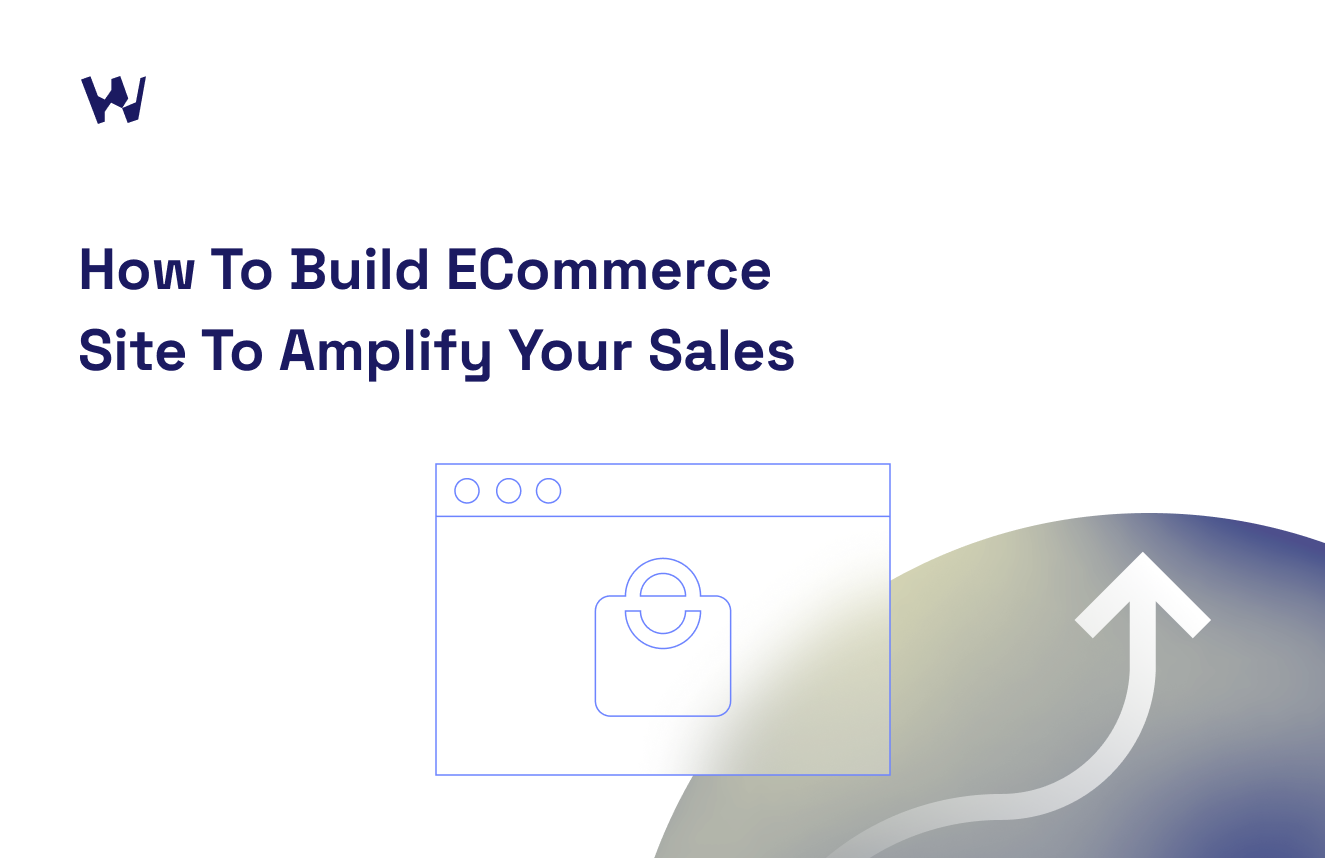How to Build an e-Commerce Website To Boost Your Sales

If you are planning on setting up your online store, having an eCommerce website is not just an option — it's a necessity. An eCommerce website serves as a virtual storefront, allowing you to reach customers worldwide, 24/7.
In this article, we will guide you through the steps of building an eCommerce website that not only looks great but also drives sales and growth for your business.
Why Do You Need An eCommerce Website?
If you are launching a retail or drop shipping business, you might have considered using social media.
While being a free way to promote your products in the beginning and even serve as an MVP for your store, it’s not what you should rely on in the long run.
Here are the key reasons why establishing an eCommerce presence is essential for your business:
- Convenience for customers. Online shopping offers unmatched convenience, allowing customers to browse collections and apply filters to narrow down their search.
- SEO. A particular product on your website can be listed in search engines like Google, which increases your store’s reach.
- Customer insights. eCommerce platforms offer valuable data and insights into customer behavior, preferences, and buying patterns, helping you make informed business decisions.
- More space for marketing. Unlike retail platforms and social media stores, your e-commerce website will allow for implementing more marketing tactics, like an email strategy and offering deals for your customers.
- Branding. Depending on the types of goods you’re planning on selling, a website will become the face of your store, offering a chance to make it recognizable, captivating, and distinguishable from your competitors.
How To Build An eCommerce Website Step By Step
Building an eCommerce site is not rocket science. However, it will require some dedication and patience, especially in the stage with SEO optimization.
Following these steps, you will be able to draft a seamless plan for your online store.
1. Define Your Business Model and Strategy
Before diving into eCommerce website development, it's crucial to define your business model and strategy. Identifying your niche helps you target a specific market segment and cater to its needs effectively.
Whether you're selling your own products, dropshipping, or hosting a marketplace, understanding your business model will shape your approach to building your website.
2. Plan Your Website
Choosing the right domain name and hosting service is the foundation of your online presence. Your domain name should be memorable and reflect your brand, while your hosting service should offer reliability and speed.
It’s not necessarily that you have to code a website! You can resort to e-commerce website builders like Shopify, or rely on Webmil’s well-versed web developers and web designers for maximum customization.
3. Design Your Website
According to the survey, around 60% of customers tend to avoid websites with poor design and logos, regardless of the positive reviews.
On the other hand, our decade of practice in web design shows that a clear layout and sharp design resonate with the products of high-quality and impact your customers’ trust.
4. Add Products and Content
Your products are the heart of your eCommerce website. Provide clear, detailed product descriptions and high-resolution images to help customers make informed decisions.
Additional content (e.g., engaging Blog section) with the right keywords can vastly impact your position in Google.
5. Set Up Payment and Shipping
Integrating a secure payment gateway is essential for processing transactions smoothly. Offer multiple payment options to cater to different preferences.
Shipping is another crucial aspect; determine your shipping strategy, whether it involves flat rates, free shipping, or real-time carrier rates, to provide clarity and convenience for your customers.
6. Implement Security Measures
Security is paramount in eCommerce. Installing an SSL certificate ensures that data between the web server and browser is encrypted, protecting customer information. Comply with data protection laws by implementing robust privacy policies and secure data storage practices.
7. Market Your Website
Marketing your eCommerce website is essential for attracting visitors and driving sales. SEO strategies can improve your site's visibility in search engine results, while social media and email marketing allow you to engage directly with your audience.
In later stages, you might want to begin a paid ads campaign or involve affiliate marketers to promote your products for a small fee through social media.
Set Up Your Business With Webmil Today
At Webmil, we’ve been serving both start-ups and well-known enterprises since 2009. With profound experience in website development, our team of professional designers and developers will help you build a viral online presence. Contact us today and let’s start planning your future eCommerce empire without a delay.